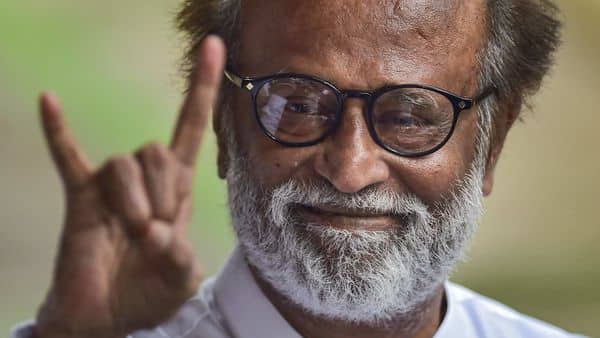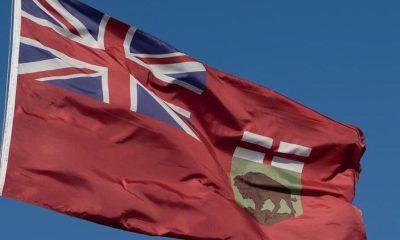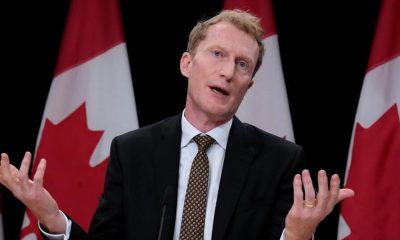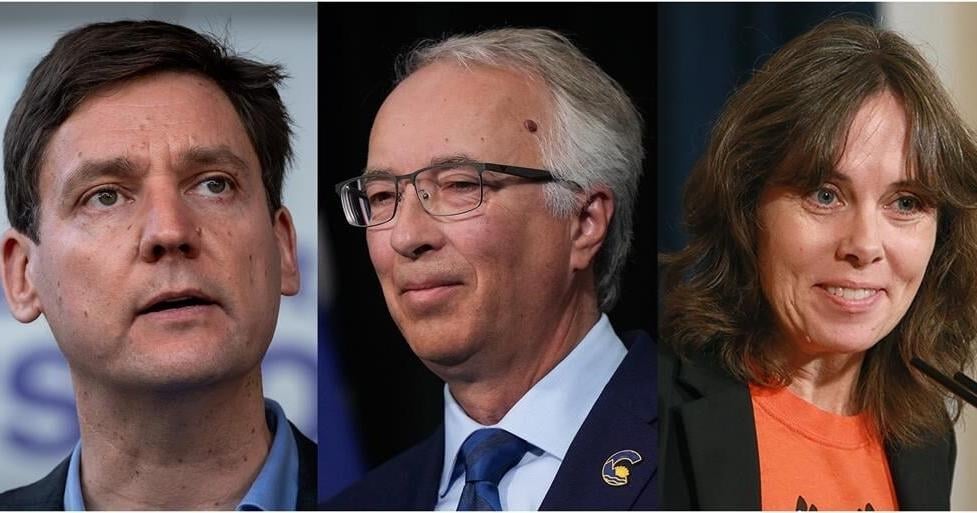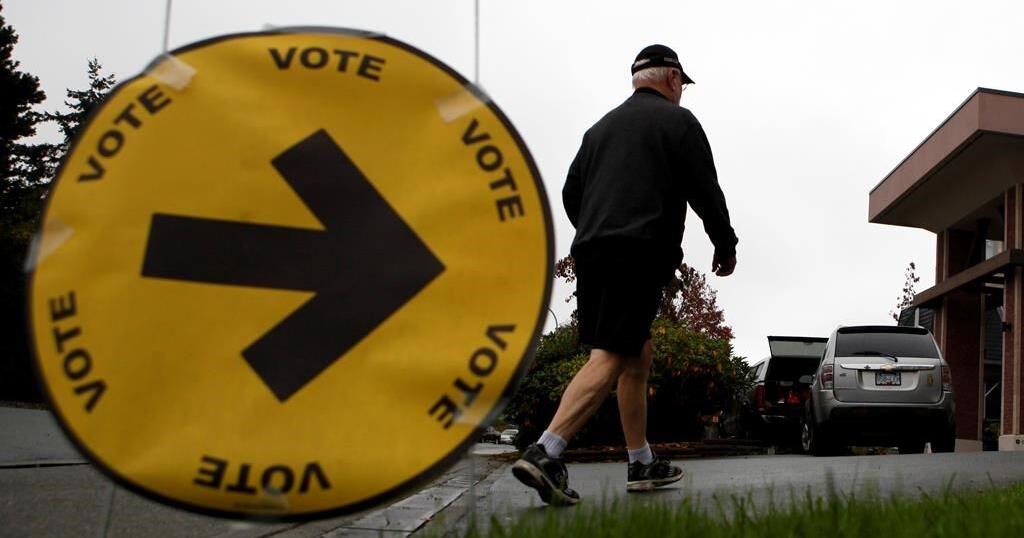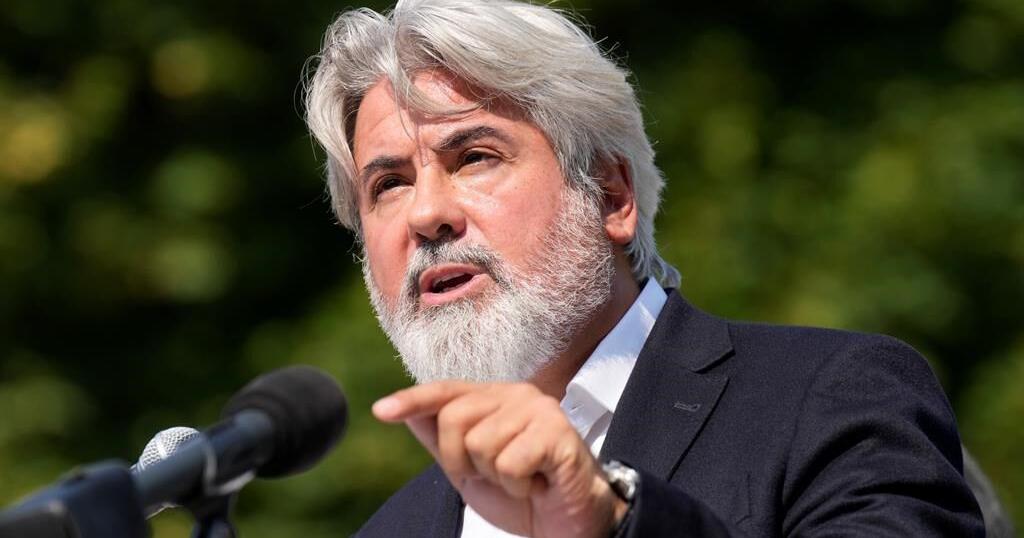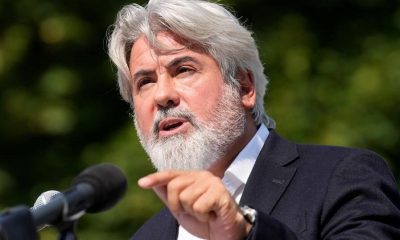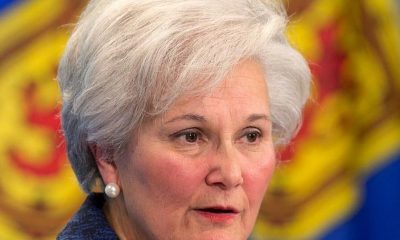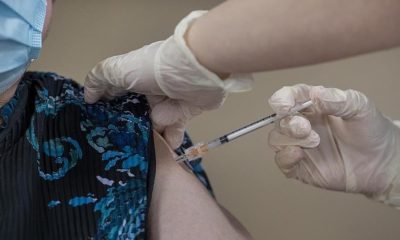VANCOUVER – The British Columbia provincial election campaign is expected to officially kick off Saturday, but party leaders have been vying for votes for months in the lead up to the Oct. 19 fixed election day.
Here’s a look at some of the issues that are expected to be front and centre over the next month and what the political parties have said about them so far.
Health Care
B.C. Conservatives promise significant changes to the system, including sending people outside the province for care, expanding private clinics, and providing compensation for workers who lost their jobs for refusing to get the COVID-19 vaccine.
The NDP defends its management of the health file, pointing to a new contract with doctors, adding 250,000 nursing hours and 835 new family doctors. Leader David Eby says for the first time in more than 20 years, fewer British Columbians are looking for a family doctor than the year previous. In the days leading up to the election campaign, the government signed an agreement with Ottawa that would see the province get an estimated $195 million to cover diabetes medication and hormone therapy, if a new federal PharmaCare bill becomes law.
The Greens want to establish community health centres in each of B.C.’s ridings to replace the current network of urgent and primary care centres,
Crime
A series of high-profile crimes involving repeat offenders has pushed the issue of public safety into the spotlight, as residents and businesses look for answers to what they say is a rapidly deteriorating situation.
Researchers and police say statistics show most crimes are down in B.C., but that hasn’t quelled the voices calling for more to be done on bail reform, enforcement of regulations and other changes to the justice system.
B.C. Conservatives are promising to increase funding to police, applying “zero tolerance” for violent, repeat offenders and appointing judges that prioritize victims’ rights.
The NDP, meanwhile, says the province has among the lowest violent crime rates against children and seniors in Canada, and pledges to invest in what it calls solutions to root causes of criminal activity such as drug and mental health treatment, support programs, health care and housing.
The BC Greens have said they’ll fund a “continuum of response” to mental health, substance use, and other complex social issues, with a focus on prevention and community-led responses. The party also says it will draft a Community Safety and Policing Act and improve officer training to “shift police culture.”
Housing
The NDP government has attempted to lower the province’s sky-high housing costs and increase supply through a range of initiatives including putting limits on short-term rentals, launching a $500 million fund for non-profits to buy rental properties, and passing legislation requiring communities to allow multi-unit housing on lots previously zoned for single-family homes.
The B.C. Conservatives say they’ll get housing costs under control by promoting the development of new housing supply “while cracking down on illegal money laundering that has inflated prices and facilitated criminal activity.”
The Green housing plan includes $1.5 billion for a non-profit housing fund and the introduction of vacancy control to cap rent increases between tenancies.
Toxic drugs
The province’s drug toxicity crisis has killed more than 15,000 people since the B.C. government declared a public health emergency in 2016.
The NDP dialed back its drug decriminalization policy earlier this year, narrowing places where people can possess small amounts of illicit drugs for personal use. More recently, leader David Eby said a re-elected NDP would open facilities to treat people involuntarily if they have concurrent mental health and addiction issues.
It’s similar to a plan that was announced by B.C. Conservative Leader John Rustad days earlier. Rustad has promised involuntary care for “those at serious risk due to addiction, including youth and adults, to keep the most vulnerable safe” and says he’ll build secure treatment facilities.
Sonia Furstenau, leader of the BC Greens, says both men are walking “off every reactionary cliff” and that the province needs more investment in prevention and addressing the root causes of what’s happening in communities. She says people need secure housing, a basic constitutional right to safety, and access to health and mental health services and treatment.
Economy
British Columbia’s finance minister announced earlier this month that the deficit this fiscal year will be $1.1-billion higher than originally forecast, coming in at nearly $9 billion.
The news comes as one business leader said many British Columbians are experiencing their own “personal recession.”
Katrine Conroy defended her party’s budget as finance minister, saying it’s not the right time to balance the budget when the government needs to provide services and support those struggling over a lack of affordability.
John Rustad’s Conservatives are promising to cut “wasteful spending” and remove “useless and redundant regulations” to support small businesses.
Leaders
This is David Eby’s first election as premier and party leader. He was acclaimed as leader of the New Democrats in 2022, after the only other candidate in the race was disqualified.
John Rustad went from relative obscurity as an ousted BC United MLA to the Leader of the B.C. Conservatives. The party gained more notoriety after the BC United suspended its election campaign but Rustad is largely untested as a leader.
He faced criticism in the lead-up to the campaign for some of his party’s candidates, which include a suspended doctor who was removed after repeatedly saying COVID-19 vaccines were more dangerous than the illness, and a candidate who was replaced after sharing social media content about the “5G Genocide.”
BC Green Party Leader Sonia Furstenau was first elected as MLA in the Cowichan Valley in 2017, and has been the leader of the BC Greens since 2020.
This report by The Canadian Press was first published Sept. 20, 2024

